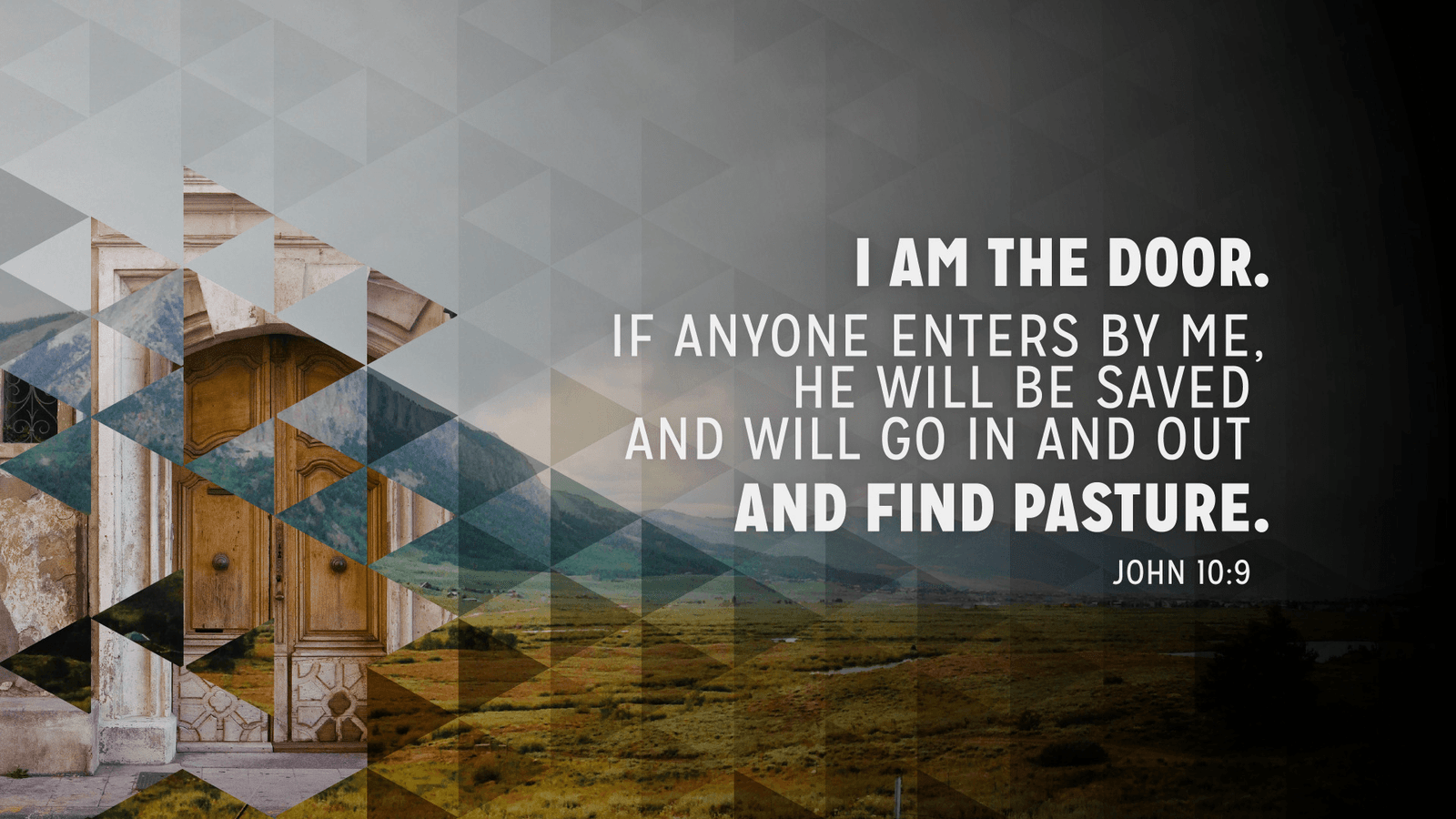

In John 10:1-18, Jesus paints a vivid picture of Himself as the Good Shepherd. It’s one of those passages that cuts right to the heart, showing us the depth of His care, commitment, and sacrificial love. Let’s take a closer look at some key points.
Jesus begins by contrasting Himself with the thief and the robber. A thief sneaks in through the side, coming to harm or take. But the true shepherd enters through the gate with a clear purpose: he’s there for the sheep’s good. This imagery reveals that Jesus came openly and with pure intentions. He came for us, to give us life, not to take anything from us.
Think about it this way: a thief only brings fear and loss. Jesus, as the true Shepherd, brings peace and security. And He knows each of us by name. Like a shepherd calling his sheep, Jesus knows every detail of who we are, inviting us to follow Him closely.
When Jesus says, “I am the gate,” He’s explaining that He is the way in and the protector of His sheep. In ancient times, shepherds would often sleep in the gateway of the sheepfold, becoming, in a sense, the “door” themselves. This meant any predator or thief would have to go through the shepherd to get to the sheep.
Jesus is our entryway to spiritual safety and abundant life. As He says in verse 10, “I came that they may have life, and have it abundantly.” This isn’t just about survival; it’s about a life of fullness and peace that comes only through Him.
The heart of this passage is Jesus’ declaration: “I am the Good Shepherd.” A good shepherd is ready to lay down his life for his sheep. This stands in stark contrast to a hired hand, who might abandon the flock at the first sign of danger. Jesus isn’t in it for the short term, and He isn’t here for selfish gain. He’s in it for us, completely committed to our well-being.
Jesus willingly laid down His life for us, knowing full well the cost. And because of His sacrifice, we have the promise of life with Him—an intimate, personal relationship where He knows us deeply and calls us by name.
In verse 16, Jesus says, “I have other sheep that are not of this sheep pen. I must bring them also.” This reveals His heart for the world—His mission extends beyond Israel to the Gentiles and ultimately to all people. His love is inclusive, seeking to unite believers from every background into one flock.
Finally, Jesus speaks about the authority He has from the Father. He says He lays down His life of His own accord and has the power to take it up again. Jesus wasn’t a victim of circumstance. He chose to lay down His life; this was part of God’s divine plan. And with His resurrection, He proved that death has no hold over Him—or over those who belong to Him.
Final Thoughts
When Jesus calls Himself our Good Shepherd, He’s offering us a relationship where we are both known and secure. He’s not a distant leader or a hired hand who might walk away. Jesus walks with us, leads us, and protects us through every danger.
Imagine a shepherd holding his staff, standing guard over the flock in the stillness of night. That’s Jesus for us. He’s a Shepherd who is not only committed to guiding us in this life but has laid down His own life so that we might have eternal life.
Jesus is calling us by name, inviting us to follow Him and find the fullness of life that only He can provide. Will you trust the Good Shepherd today?